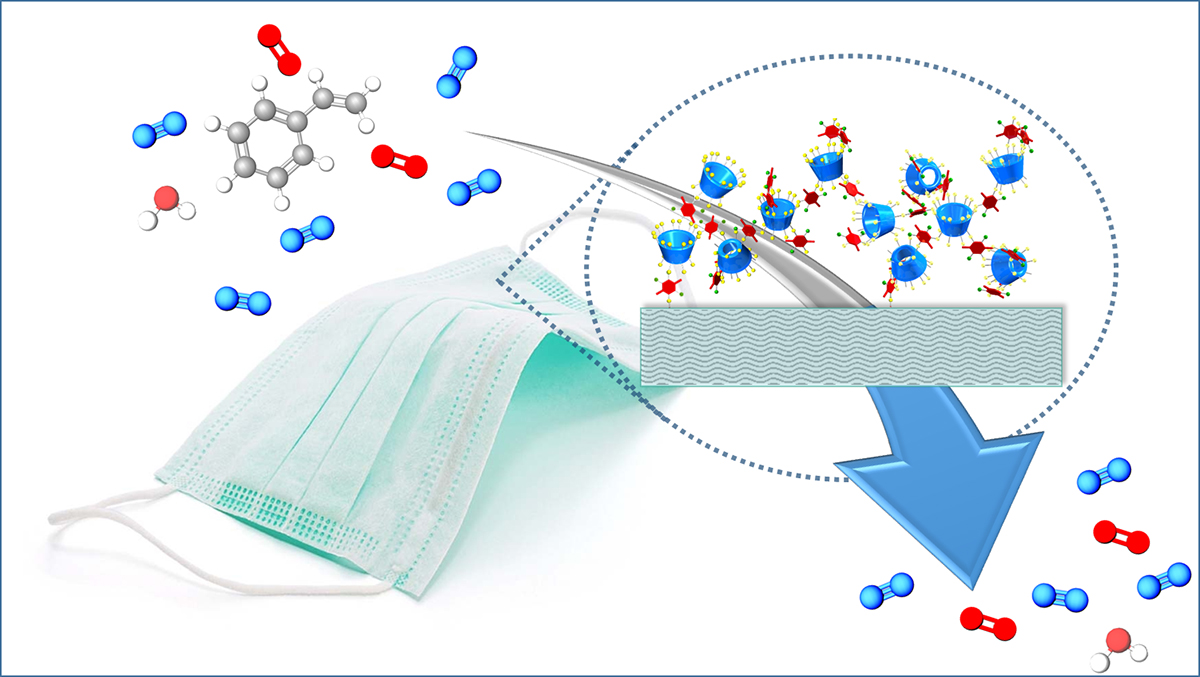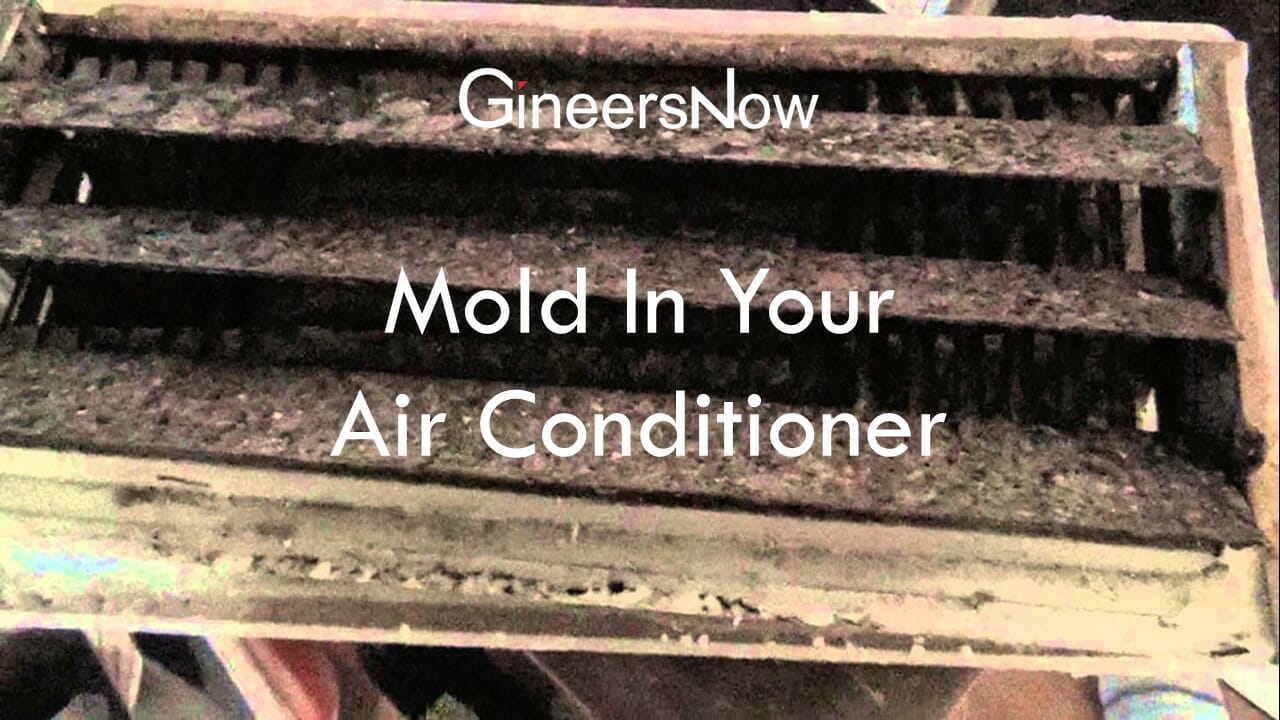It would have been fine for Juan Hinestroza that many countries in the world invest so much in fashion. Clothing is being designed here and there as long as they are made without harming the environment. Polymerized cotton fabric can filter air and water contaminants.
But this isn’t what is happening on the ground. Behind the glossy, sparkling industry is the reality that fashion takes a toll in nature. Hinestroza had experienced this himself after visiting several manufacturing facilities in the world, only to find that colors in the New York or Paris fashion weeks match with those in the rivers nearby.

Much to his disappointment, companies dump waste products from textile dying and other processes directly into the air and waterways. There is no mitigation whatsoever regarding the environmental impacts of their products.
“There are companies that make a great effort to make things in a clean and responsible manner but there are others that don’t,” he said.

Hinestroza, associate professor of fiber science and director of undergraduate studies in the College of Human Ecology at Cornell, hopes that a technique he developed with former Cornell chemistry professor Will Dichtel will bring a silver lining in changing this harsh truth about the fashion industry.
What they did is infuse cotton with a beta-cyclodextrin (BCD) polymer for the fabric to be functionalized. Adding fiber to the reaction resulted to a unique polymer embedded on the cotton’s surface. The material should act as a filtration device that works in both air and water.

“One of the limitations of some super-absorbents is that you need to be able to put them into a substrate that can be easily manufactured,” Hinestroza said. “Fibers are perfect for that – fibers are everywhere.”
It was found after scanning electron microscopy that cotton fibers never changed after applying the polymer. When tested for uptakes of pollutants in air and water, which are styrene and bisphenol A respectively, the polymerized fibers presented magnitude of greater uptakes compared to untreated cotton fabric or commercial absorbents.

This quality of fabric opens doors to reusing the material over and over again, according to Hinestroza. He said, “We’re compatible with existing textile machinery – you wouldn’t have to do a lot of retooling.
“It works on both air and water, and we proved that we can remove the compounds and reuse the fiber over and over again,” he added.
Perhaps this should change the way fashion designers make their clothes, Hinestroza believes. He hopes that their innovation will play a significant role in cleaner, more environmentally responsible industrial practices.
He said, “There’s a lot of pollution generation in the manufacture of textiles. It’s just fair that we should maybe use the same textiles to clean the mess that we make.”
Applications of this material are not limited to fashion, he added. It could be used for respirator masks and filtration media, explosive detection and even food packaging to detect that the product has gone bad.
Details of this textile are published in a paper, “Cotton Fabric Functionalized with a β-Cyclodextrin Polymer Captures Organic Pollutants from Contaminated Air and Water.” This can be found in the Chemistry of Materials, an American Chemical Society journal.
Diego Alzate-Sánchez, the research’s first author, and Dichtel are now at Northwestern University. Former postdoctoral researchers Brian J. Smith (now an assistant professor at Bucknell) and Alaaeddin Alsbaiee (now at Arkema Inc.) have contributed in this amazing textile technology.














